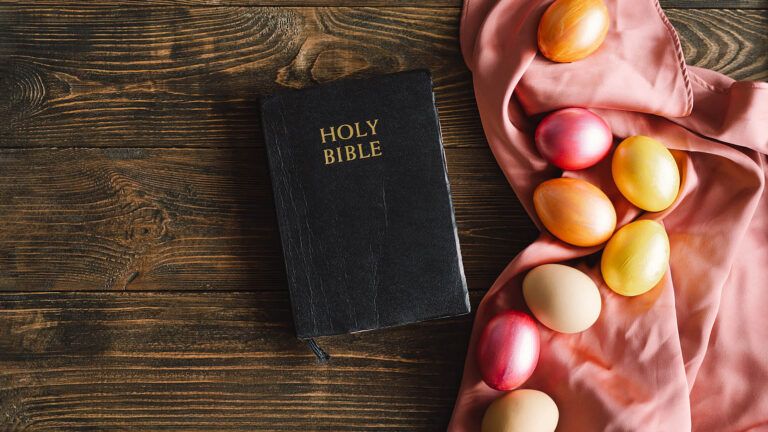Then Jesus said, “Father, forgive them; for they do not know what they are doing.” (Luke 23:34)
Forgiveness. It’s hugely important to our faith. And it can also be hugely difficult. Do we tell ourselves, “Why should I forgive that person who did something wrong in the first place?” “Don’t values count? Isn’t moralistic behavior most important?”
But then we turn to Jesus and see how He asked His own killers, those who crucified Him and those who demanded His Crucifixion, to be forgiven. Making that prayer on the cross while He was dying. One of His last requests of God.
If Jesus could do that, at one of the worst and saddest moments of His life, aren’t we being asked to do the same?
Forgiveness. It’s hard, and it’s absolutely necessary to function as a compassionate, loving, caring human being.

A Crucial Passage in the Lord’s Prayer
Think about those times you’ve been felt called to forgiveness. You can’t really skip over it. After all, it’s a crucial passage of the prayer Jesus taught us, the Lord’s Prayer. “Forgive us our sins as we forgive those who sin against us.” Whether you use the word “debts” and “debtors” or “trespasses” and “trespass against us,” it’s part of our faith.
As that prayer makes clear, it’s quid pro quo. If we’re going to ask God’s forgiveness for what we have done wrong, then we’d better be willing to forgive others for how they have wronged us. Look again to Jesus’s example on the cross.
I know that I’m more prone to cast quick judgments on those who have wronged me. I want to shout it out. Make sure God noticed. “Look, God, what that jerk did to me?” “Can you believe, God, how awful that person has behaved?” “Have you seen how manipulative and darn-right evil that guy is, Lord. Isn’t it appalling?”
As if God hasn’t noticed. As if God didn’t see. As if God doesn’t care or isn’t concerned.

Doing Due Diligence
But pointing out someone else’s errors, someone else’s flaws, can be a quick way of not confronting our own. I know that the person at church—yes, at church—who bothers me the most is actually a lot like me.
Rather than confront my flaws, I project and throw them all on him. Calling him out rather than doing due diligence on my spiritual self.
Every Sunday at church we say the Lord’s Prayer, together, and we also make a prayer of confession. It is essential to the functioning of our faith community. It is essential to our own spiritual growth. Perhaps it is the most essential thing.
Inevitably we have to turn to Jesus as a model.
The Narrative of the Crucifixion
Jesus is God among us in human form. And in that very form He suffered dreadfully. He came to earth to show us how to live. To give us a prayer like the Lord’s Prayer that can ground us in faith. One so short and succinct it takes less than a minute. And takes a lifetime to do.
When we look at the narrative of the Crucifixion, we can hear Jesus praying in the Garden of Gethsemane for this suffering to be taken from Him. He doesn’t want to undergo that terribly painful and humiliating torture of the Crucifixion. “Father,” He prays, “if you are willing, remove this cup from me…”
But then He follows it with sublime acceptance. “Yet, not my will, but Yours be done.”
He has to follow God even in this.

Following God Means Forgiving
And following God means forgiving others, even His killers, because the message that Jesus brought to the world was one of love. Love for all. Love even for our enemies.
The world can be a bitterly conflicting places, full of strife and wrong-doing, but if we are ever to re-make it in God’s image, we need to bring love into all places. Not just those congenial settings like home with our loved ones, but the nightmarish settings, too. Like the Crucifixion.
“Father, forgive them for they know not what they do.” That transforming power is right there. Indeed, we sometimes don’t even know what wrongs we are committing.
Isn’t it freeing to realize that forgiveness is right at hand? Even then. Especially then.
Read More About Forgiveness







